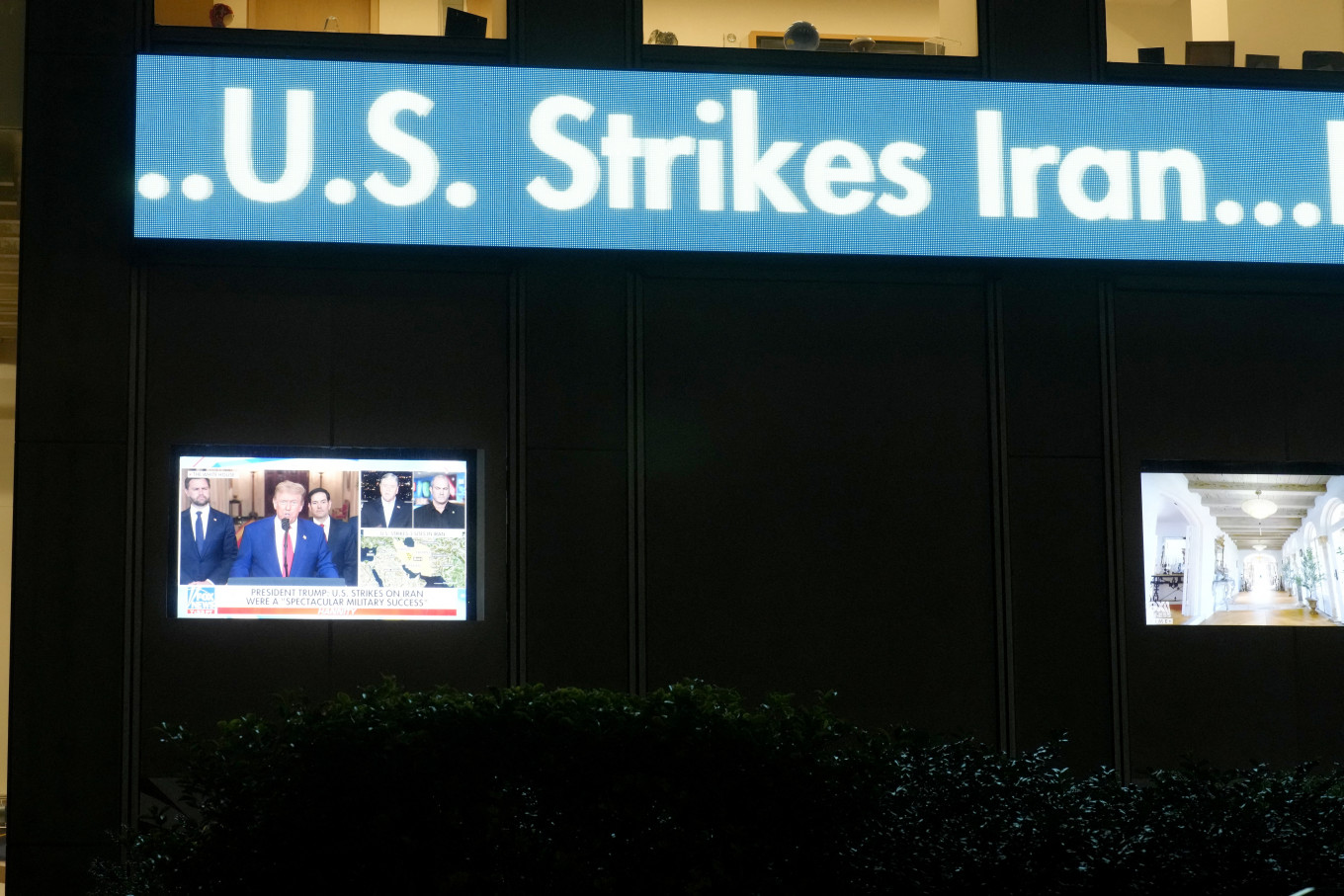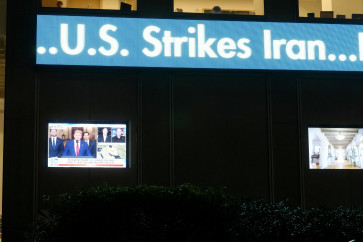Popular Reads
Top Results
Can't find what you're looking for?
View all search resultsPopular Reads
Top Results
Can't find what you're looking for?
View all search resultsWhat the US strikes on Iran mean for Indonesia and the world
The US strike threatens to accelerate the militarization of politics, fuel arms races and place even greater stress on fragile democracies.
Change text size
Gift Premium Articles
to Anyone
I
n a bold strike, the United States launched an attack, codenamed Operation Midnight Hammer, on Iranian nuclear sites in Ishafan, Fordow and Natanz on Sunday.
The operation was executed with precision and sophistication and, notably, without significant interference from Iran. For the watching world, this was not just a military maneuver. It was another signal that the age of military punishment by a superpower is truly back upon us.
The world now waits to see how Iran will retaliate. The scope of the response may also depend on its perception of loss, support from allies like Russia and control over remaining viable regional proxies. Iranian Foreign Minister Hossein Amir-Abdollahian’s trip to Moscow hinted at back-channel coordination, but with Russia overstretched in Ukraine, material support may not be available anytime soon.
So far, however, Iran is winning the narrative battle, as in this particular instance, the country was the victim of a preventive strike.
The Atomic Energy Organization of Iran reported no contamination or radiation leaks. Even the International Atomic Energy Agency (IAEA) confirmed there had been no spike in off-site radiation levels. If this assessment holds, there is a possibility that Iran might choose a tempered response. In fact, perhaps its best card right now toward the international community may be to underscore its commitment to the international system, framing the US as a reckless actor undermining global norms.
Realistically speaking, though, the potential for escalation remains high. Iran’s potential retaliation remains a crucial variable, with options ranging from continuing strikes toward Israel, attacking US bases and other military assets in the region, to disrupting shipping in the Strait of Hormuz.
Alarmingly, Iranian officials have declared that US bases involved in the attacks are now considered “legitimate targets”. Should a counterstrike cause American casualties or significant damage, it could reignite conflict dynamics that draw the US deeper into another protracted engagement in the Middle East.



















